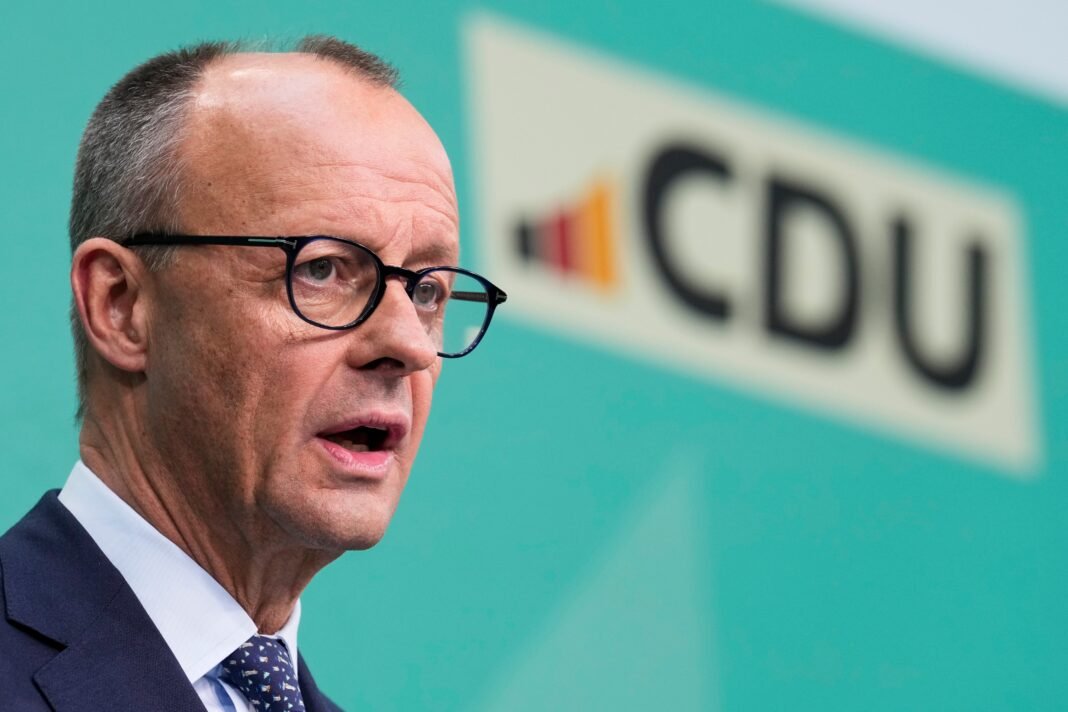As US President Donald Trump’s controversial approach to negotiations with Russian President Vladimir Putin over the war in Ukraine continues to raise alarm, Germany’s chancellor-in-waiting, Friedrich Merz, has called for Europe – and the UK – to reduce their dependence on NATO and the United States for security. The remarks highlight growing unease about the future of transatlantic relations and the role of European nations, including post-Brexit Britain, in their own defence.
Trump, who has repeatedly expressed admiration for Putin and suggested he could broker a peace deal in Ukraine within 24 hours if re-elected, has faced criticism for his perceived leniency toward Russia. His approach has sparked fears among European leaders, including those in the UK, that a potential second Trump presidency could undermine NATO’s unity and weaken support for Ukraine.
In response, Friedrich Merz, a leading figure in Germany’s Christian Democratic Union (CDU) and a likely contender for the chancellorship, has urged Europe and the UK to take greater responsibility for their own security. “We cannot always rely on the United States to guarantee our safety,” Merz said in a recent speech. “Europe, including the UK, must strengthen its defence capabilities and reduce its reliance on NATO and American leadership.”
Merz’s comments reflect a broader debate within Europe and the UK about strategic autonomy. While the EU has taken steps to bolster its defence infrastructure, including the establishment of the Permanent Structured Cooperation (PESCO) and the European Defence Fund, the UK has also been reassessing its role in global security post-Brexit. The British government has increased defence spending and reaffirmed its commitment to NATO, but questions remain about how closely it will align with European defence initiatives outside the US-led framework.
The war in Ukraine has underscored the importance of NATO as a deterrent against Russian expansionism. Yet, with Trump’s potential return to the White House and shifting US priorities, leaders across Europe and the UK are increasingly questioning the long-term reliability of their transatlantic ally.
“The transatlantic alliance remains vital, but Europe and the UK must be prepared to stand on their own feet,” Merz added. “This is not about abandoning NATO, but about ensuring we are not left vulnerable to the whims of American politics.”
For the UK, the debate is particularly nuanced. As a key NATO member and a close ally of the US, Britain has historically played a pivotal role in bridging European and American interests. However, post-Brexit, the UK has also sought to redefine its global position, balancing its ties with the US, Europe, and other international partners.
As the geopolitical landscape continues to evolve, the call for greater European and UK self-reliance is likely to gain traction. However, achieving this goal will require significant investment, coordination, and a delicate balancing act between national interests and collective security.
For more political updates and in-depth analysis, visit London Pulse News.


